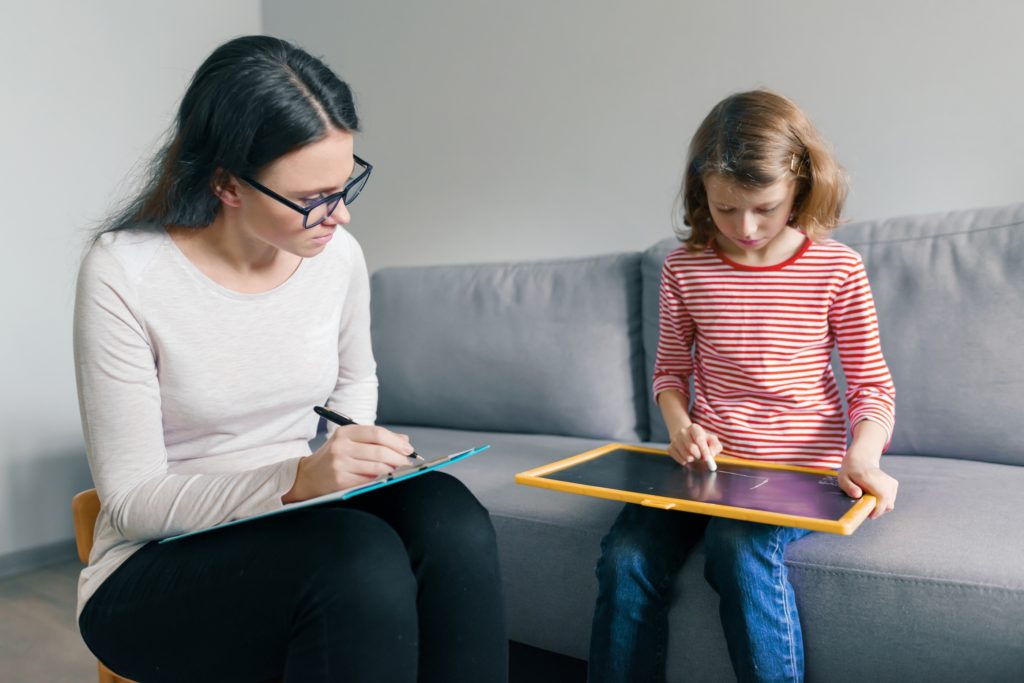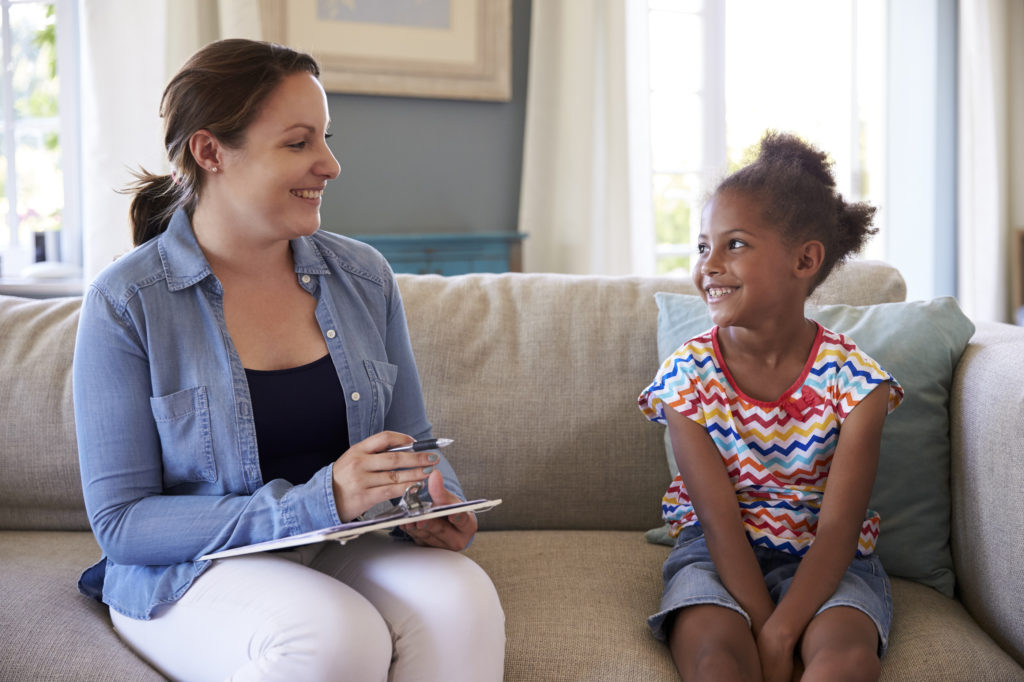Why child psychology is important
As a parent or carer, watching the growth and development of your child is often a valuable and rewarding experience. Learning about your child’s developing personality, how they see the world, learn and form relationships with others is an integral part of caring for the child. A child’s development is influenced by a combination of genetic, social, cultural and environmental aspects, and children mature and progress through different environmental stages at different rates.
Some children experience developmental difficulties, and as children are usually unable to effectively communicate their thoughts and feelings, professional child psychology services may be useful to provide some insight about a child’s situation. A child psychologist is a university-trained health professional who aims to best understand a child’s mental development and how they engage with the world around them, their parents and others, and their sense of self in their environment. A child psychologist is often engaged when a child displays signs of irregular development or challenging behavioural issues, as they can help to determine if the behaviour of the child may be symptomatic of underlying abnormality or developmental disorder. As with any medical issue or concern, it is often imperative to establish irregularities as early as possible to ensure the best outcomes for the child.
What child psychology involves
Once you have contacted a child psychologist, the first step generally involves gathering as much information as possible about your child’s developmental progress, pertinent family health history, and social situation. You will discuss with the psychologist your main concerns about your child, and what you hope or expect to get out of therapy.
After the psychologist has a good understanding of the child’s baseline to work from, they will make some general recommendations about how therapy may be able to help, in conjunction with your goals and expectations. Child psychologists may help diagnose medical conditions (such as autism or developmental delays), as well as help the child and parents/family work through how to best manage the child’s behaviours. The diagnostic process will often involve performing standardised tests and may also involve other opinions from a doctor.
It is crucial that the child psychologist works closely with the child’s parents or carers to formulate strategies to provide support to the child in a manner that is suitable for the family and environment. If an underlying medical condition or disability is diagnosed, the child psychologist will work with the family to help them understand the context of the child’s condition in relation to their ongoing development, as well as assist in fostering helpful techniques to better deal with the child’s behaviours. This will often include the engagement of other relevant people in the child’s life, such as childcare workers, educators and other health professionals.
The main areas of child development
As with psychology in general, the goal of child psychology is to best understand a child’s thoughts, emotions and behaviours, in order to improve their independence, resilience (coping strategies) and better manage their thoughts and feelings. Moreover, child psychology aims to better equip parents of a child to deal with any difficult behaviours.
In order to achieve these goals, child psychologists focus on the areas of physical, emotional and cognitive development of children, and study how these areas interact.
Physical development: Children often develop physically in a predictable manner (e.g., they crawl, walk then run), and a child psychologist can distinguish if a child is slow to reach expected developmental milestones.
Emotional development: Emotional development is concerned with how the child learns to feel, comprehend and communicate their emotions and thoughts to others. It is deeply connected to social development, which refers to how the child then interacts with other people and their environment, form relationships and their perception of their place in the world (sense of self). The ability to regulate emotions and relate to others are integral skills to be able to function in society.
Cognitive development: Cognition is about the intellectual capacity of the child. The child’s genetic makeup (hereditary factors) and environment determine their cognitive development. Cognitive capacity encompasses areas of memory, ability to learn, use of imagination, reasoning, problem-solving and decision-making.
How long will my child need therapy?
The nature and frequency of child psychology engagement will depend on various factors, such as the availability of the psychologist, the willingness and capacity for the child and family to participate in sessions, and access to suitable services in the area. Depending on the child’s age, condition and current situation, therapy may be largely focused on working mostly with parents rather than the child directly. For instance, a very young or non-verbal child has limited capacity to effectively engage directly with a child psychologist, so the psychologist will largely be dependent on information from parents (as well as their own observations) when devising ways to support the child and build more independence. Some children may only need short-term sessions, while others with chronic disabilities may need supports into adulthood.
How much does child psychology cost?
The cost of child psychology services varies and are usually charged on an hourly basis (where a typical session is often 30 minutes to 1 hour). Psychology services are available under Medicare for 20 free sessions per calendar year (please visit your GP for more information). Additionally, child psychology may be covered under the NDIS for children who are suitable for this funding.



